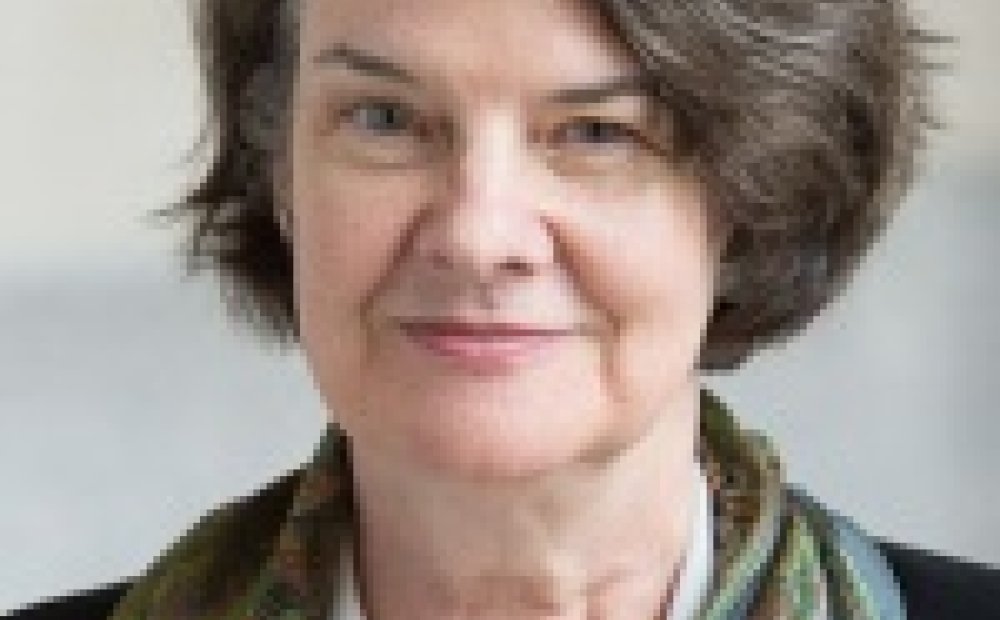A Muslim Tale of Two Cities: ‘We Met the Trains’

The forced migration of Muslims from the Balkans to Turkey is one of the least known movements of people in modern times. In A Muslim Tale of Two Cities: ‘We Met the Trains’ Frances Trix focuses on urban Muslims from the central Balkans and the hometown associations they founded in Turkish cities. The oldest of these, one from Skopje, is now second only to the Red Crescent in urban outreach in Istanbul. Trix describes the background of this group and their city—its Ottoman heritage, their becoming a minority, and why they had to leave their homes. Trix shows how they built their association in Istanbul, what role Islam plays in their activities, and how they cope with trauma and loss through music, mevlids, outreach, and poetry. For Muslim refugees in a Muslim land, their association and experience stand in stark contrast to much international relief.
Frances Trix is Professor of Linguistics and Anthropology at Indiana University and a Global Europe program fellow at the Wilson Center. She is the author of The “Sufi Journey of Baba Rexheb” (2009) and editor of “Muslim Voices and Lives in the Contemporary World” (2008). She has written on Kosova and Albanians, and discourse analysis of professional and Muslim communities.
Speaker

Professor of Linguistics and Anthropology, Indiana University, Bloomington
Hosted By

Global Europe Program
The Global Europe Program is focused on Europe’s capabilities, and how it engages on critical global issues. We investigate European approaches to critical global issues. We examine Europe’s relations with Russia and Eurasia, China and the Indo-Pacific, the Middle East and Africa. Our initiatives include “Ukraine in Europe”—an examination of what it will take to make Ukraine’s European future a reality. But we also examine the role of NATO, the European Union and the OSCE, Europe’s energy security, transatlantic trade disputes, and challenges to democracy. The Global Europe Program’s staff, scholars-in-residence, and Global Fellows participate in seminars, policy study groups, and international conferences to provide analytical recommendations to policy makers and the media. Read more
